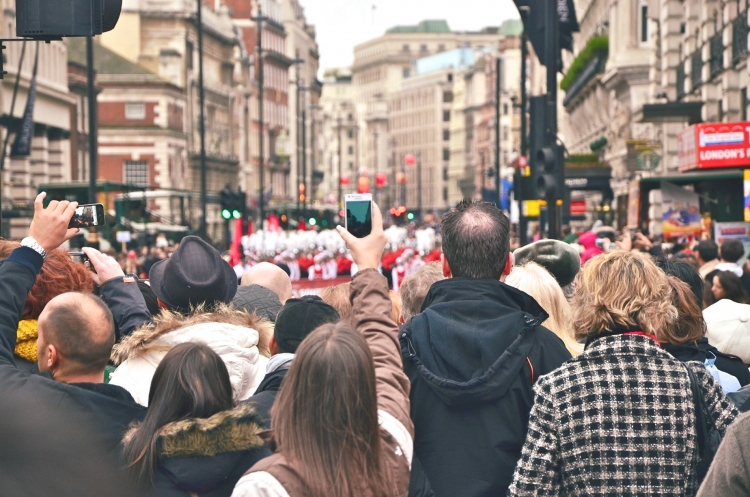The Dark Truths of Overtoursim

It was an unfathomable sight. The sharp edges of the grass-covered mountains soaring into the sky, protecting the ancient ruins known as Machu Picchu. The picturesque site in Peru was not only named a UNESCO world heritage site, but also deemed one of the New Seven Wonders of the World, creating buzz and attracting droves of tourists every year.
But while this South American destination has garnered a lot of traction, it is in fact attracting too much traffic.
Machu Picchu has a daily visitor limit of 2,500 according to the Peruvian Times, a figure set by Peru and UNESCO. In 2013, however, there were 1.2 million visitors throughout the year, averaging over 3,200 visitors per day. The tourist traffic has increased year-over-year.
Although tourism is known for having many positive effects, including stimulating local economies and boosting job opportunities, overtourism can also lead to many negative affects. According to a Geography Fieldwork case study on Machu Picchu, the harm of overtourism specifically relates to erosion of the site and trails, buildup of litter left behind by tourists, and price inflation of goods and services in the area. As a result, the Lost City of the Incas is being protected by several new mandates pushed forward in 2017, including split entry times, mandatory use of an Official Tour Guide, and the routes to be strictly followed.
Machu Picchu, Peru. Image Credit: unsplash.comWhile the lasting affects of overtourism haunts Peru and its tourism board, Machu Picchu is not the only destination harmed by its popularity. Barcelona is also in a crisis as a result of overtourism that's disrupting and displacing locals. Because of the rise of short-term-rentals (Airbnb), and the spending shift from objects to experiences driven by millennials, touristic destinations are becoming oversaturated.
Barcelona, like Machu Picchu, has experienced price inflation not only of basic goods, but also housing due to the hospitality industry racing to develop luxury infrastructure for tourists. As a result of price increases, locals are being pushed out and their communities are becoming depleted. Yet according to Almudena López Díaz, while tourism has been a point of contention among locals, 86.7 percent of locals believe it is a good thing.
Barcelona, Spain. Image Credit: Unsplash/EnesAnother destination plagued by overtourism is Venice. While many popular cities must find a way to deal with the rush of people due to cruise ships, Venice has curbed some massive ships from entering the waters around the small city island. Venice has even created a social media campaign to help educate tourists on rules and regulations regarding public behavior.
According to Skift, both Barcelona and Venice are spearheading efforts to combat and manage overtourism. But both cities, along with Machu Picchu, have been dealing with tourism for quite some time now. Will their efforts be enough to instill sustainable tourism worldwide?
Venice, Italy. Image Credit: unsplash.com




